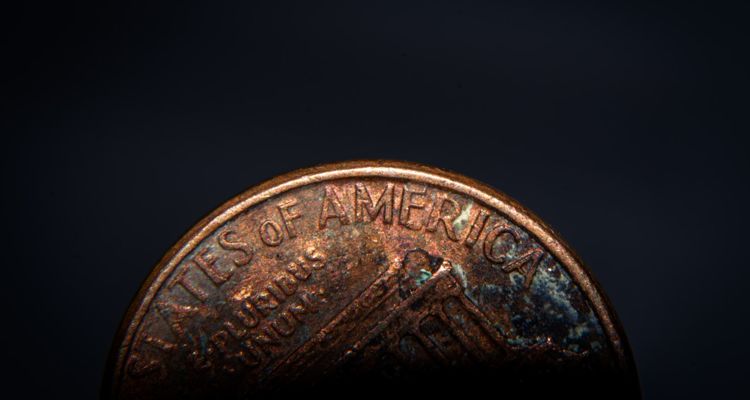Rock Band Issues 1,000 Song Album to Maximize Spotify Royalty Payments
The rock band The Pocket Gods have released a 1,000 song album to game Spotify royalty payments.
Each song on the 1,000 album release is about 30 seconds long. That’s because Spotify’s current streaming model activates revenue after 30 seconds of play. The Pocket Gods said they were inspired to create the album after reading how Spotify’s revenue model shortens songs.
“I saw the article and it made me think, ‘Why write longer songs when we get paid little enough for just 30 seconds?’” The Pocket Gods frontman Mark Christopher Lee tells iNews. The U.K. band says that it sees around £0.002 as a payment for one of its songs streaming.
“We wrote and recorded 1,000 songs, each a shade over 30 seconds long for the album. The longest is 36 seconds,” Lee says. “It is designed to raise awareness about the campaign for fair royalty rates.” The new album is titled 1000×30 – Nobody Makes Money Anymore. The single is aptly titled, “0.002.”
“We used to get 0.007p a play, still a pittance but that seems to have been cut since Spotify bought the Joe Rogan Experience podcast for $100 million,” Lee continues. The band says it’s aware that gaming the Spotify royalty system like this has the potential to see them thrown off the platform.
So what does a 30-second song feel like to write? Much less writing 1,000 pieces back to back that feel cohesive. “Sometimes we start with a chorus and repeat it, others have a verse and chorus,” Lee says. “There’s not much room for maneuvering. Audiences enjoy the songs live but it’s difficult for the band to get into a groove.”
Artists are gaming the Spotify royalties system to maximize their revenue per stream. While this is an extreme example of that gaming, the average pop song is getting shorter. According to a study published in 2019, pop songs are one minute and 13 seconds shorter on average than they were 20 years ago.

